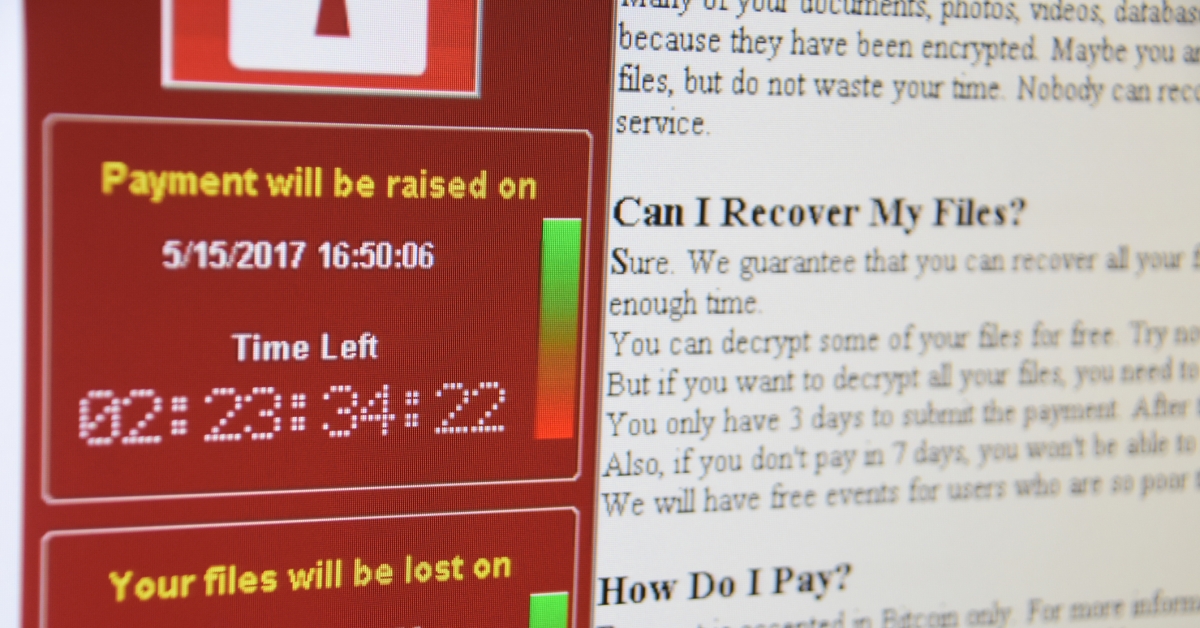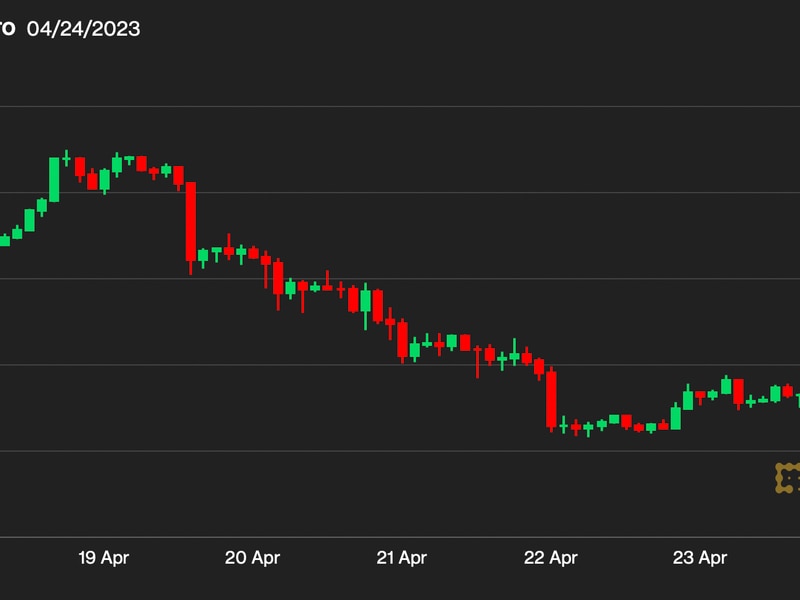The Real Reasons the Grayscale Bitcoin ETF Decision Matters
The U.S. is one step closer to having a spot market bitcoin exchange-traded fund (ETF), the holy grail of white glove crypto financial products. On Tuesday, a three-judge panel for the U.S. Court of Appeals delivered a crushing interpretation of the Securities and Exchange Commission’s logic for denying an ETF, finding the agency acted “capriciously” and “arbitrarily.”
That’s what crypto folk have been saying for years!
This is an excerpt from The Node newsletter, a daily roundup of the most pivotal crypto news on CoinDesk and beyond. You can subscribe to get the full newsletter here.
In particular, the District of Columbia Court of Appeals sided with Grayscale Investments (disclosure: CoinDesk’s sister company) in its pursuit to transition the massive Grayscale Bitcoin Trust (GBTC) into an ETF. More precisely: The judges granted Grayscale’s petition for review, meaning the SEC will have to review Grayscale’s previously rejected ETF application and maybe come up with better reasons for denying it again.
Crypto is salivating not only over the court’s pro-ETF ruling, but anti-SEC comments. The top U.S. securities regulator fell “short of the standard,” made “unexplained” calls and “failed to adequately explain” its argument. In particular, the SEC didn’t make a good enough case for approving some bitcoin-related exchange-traded products (namely futures-based products), and not others.
Further, the SEC seemed unwilling to listen to the facts, like that spot and futures bitcoin markets are 99% correlated and so the concerns it has raised to reject 100% of spot market ETF filings don’t make sense. What this means for the existing round of ETF applications is unknown, which mostly filed in a rush after BlackRock unexpectedly threw its hat in the ring.
For many the idea the SEC’s crypto policies are divorced from reality will be obvious. The agency has for years been unwilling to consider the merits of blockchain as it exists, and what decentralization means for standing U.S. laws. (Not that skepticism over crypto’s claims of decentralization isn’t warranted at this point.) But here is a clear-as-day ruling showing bias.
And so what happened today is important for two big reasons. First, ETFs are important because it increases the number of people who can invest in crypto by providing a more traditional and regulated pathway. There’s potentially billions of dollars of capital sitting on the sidelines that would trade bitcoin if it could be traded through familiar stock exchanges.
And second, like the Ripple decision in July, the U.S. Court of Appeals has shown that the SEC is not the ultimate arbiter of crypto. The agency does not necessarily or automatically get the final word; the U.S. court system and better yet Congress can also offer legal interpretations. This is significant because of the boom and bluster coming out of SEC Chair Gary Gensler since he took office, and his willingness to say all of crypto – except bitcoin – is under the agency’s remit.
In reality, there are major overhanging questions as to whether the SEC has proper jurisdiction over digital assets. This is one of the main points of contention discussed in the much-watched Lummis-Gillibrand “Responsible Financial Innovation” bill moving through Congress, which emphasizes crypto’s “commodity-like” attributes and so would raise up the U.S. Commodity Futures Trading Commission (CFTC) as a regulator.
Bloomberg editor Tracy Alloway once infamously called bitcoin the ideal “post-modern” asset, meaning what it is depends on your point of view. Crypto allows people to map their desires onto the assets. And so crypto is cash-like, commodity money that resembles corporate equity; it’s a meme and movement and also a tool; it’s the interface for the next generation of the internet and backbone to ultramodern financial architecture; it’s for libertarians, progressives and the apolitical — crypto is a bundle of contradictions.
Nowhere is that more clear than with ETFs, which have turned an asset meant to foment a revolution into Wall Street’s latest fascination. And so, why would you want to leave crypto entirely to a biased SEC?









